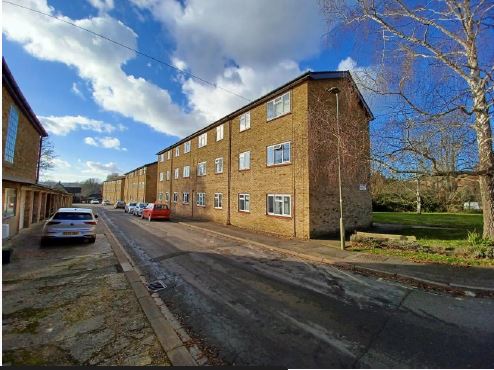We were delighted to be asked to take part in a panel discussion on The Business Magazine’s Property Podcast recently, in association with MSP Capital.
Hosted by Stephen Emerson, Managing Editor of The Business Magazine, he was joined by our Head of Energy & Sustainability, Partner David Thomas, as well as real estate finance expert Lee Merrifield from MSP Capital and Iain Delaney the CEO of housing developer Captiva Homes.
The focus of the podcast was sustainability and development within the property industry and the key role that the sector can play in delivering net zero.
From talking about how the industry has responded to sustainability regulation and the pressure that it is putting on the bottom line, and highlighting developments and companies that serve as a model for sustainable development, to exploring how the industry is embracing wellness and sustainability in its design and construction, Managing Editor, Stephen Emmerson, left no stone unturned.
Some of the sustainability and sustainable development questions included:
- What’s the industry’s reaction to the introduction of sustainability and sustainable development measures?
- What are the legal requirements and the legal frameworks that are impacting across the industry?
- What are the challenges that SMEs developers and landlords are facing and obtaining funding for sustainable projects?
- Is it possible to have a sustainable development that is profitable?
- Who’s getting this right in the south of England?
- How has the industry reacted to the change in legislation on Biodiversity Net Gain?
- What are the key trends we can expect within the next five years?
A summary of the key take-aways included:
- Increasingly stringent building regulations are pushing housebuilders towards net zero homes, though the industry has historically been resistant to added regulation.
- Biodiversity Net Gain regulations are now factoring into land deals, with the preference being to deliver the 10% gain on-site rather than offsetting.
- Challenges include the array of technology options, supply issues, and balancing sustainability with profitability for SME developers.
- Lenders are starting to require minimum Energy Performance Certificates (EPC) for commercial property and factor sustainability into funding criteria.
- For SMEs, the added costs of sustainable tech can impact scheme viability and access to funds.
- Currently, sustainable features largely just allow developers to recover the incremental costs rather than boost profits.
- However, there is an expectation that over time homes with lower operating costs will improve mortgage affordability assessments.
- Local authorities often lead on sustainable office refurbishments.
- Notable sustainable residential projects mentioned include Wellborne Garden Village and its water source heat pumps.
- Successful commercial examples are Lakeside North Harbour in Portsmouth and the Reading International Building campus refurb.
- There is increasing prioritisation of mental/physical health amenities like gyms, outdoor space, air quality.
- This enhances productivity, staff retention and commands rent premiums.
- Minimum commercial EPC standards, green leases, and climate risk planning on the horizon.
- In residential, the Future Homes Standard in 2025, grid decarbonisation, and battery storage will drive change.
- Overall, sustainability criteria will become more embedded in funding sources.
Discover the full range of Property Podcasts from thebusinessmagazine here. Audio only versions are available to listen to via Spotify here.
Meanwhile, for help and support with your commercial property energy & sustainability requirements, contact David Thomas.



